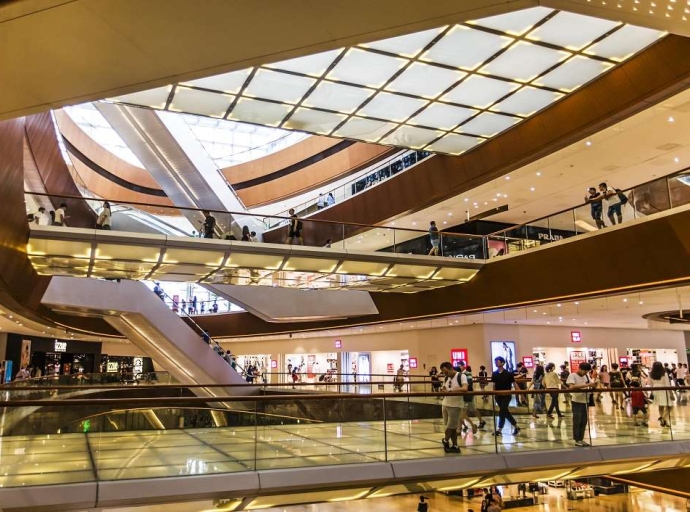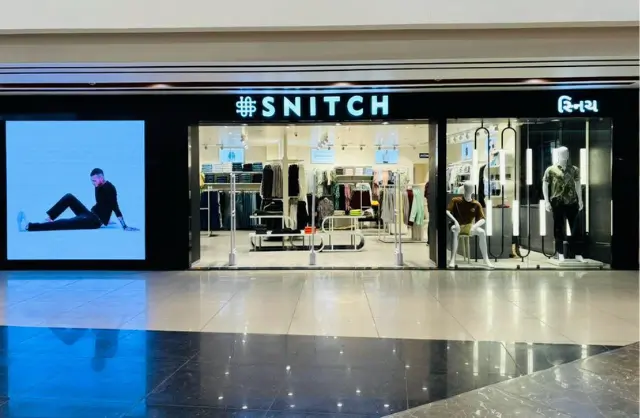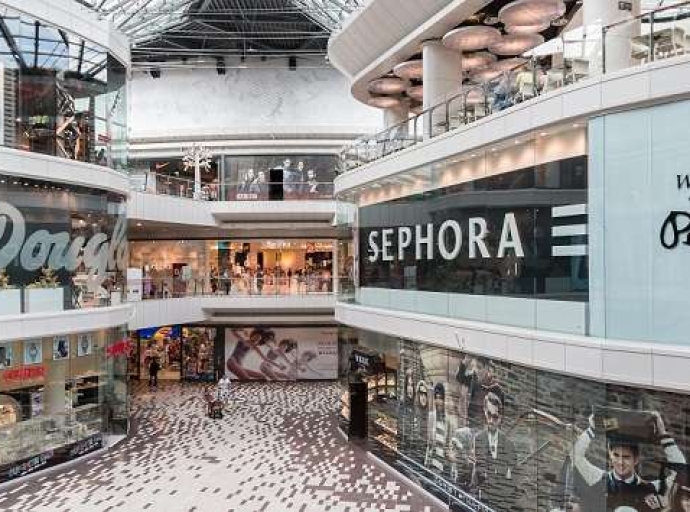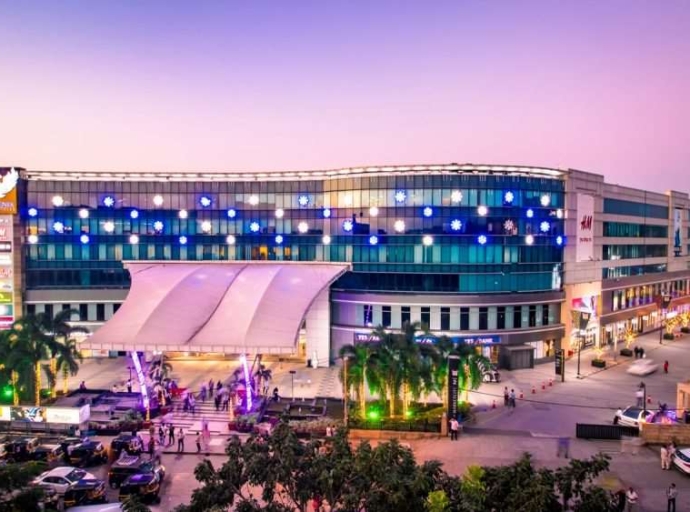A recent report by Knight Frank India, ‘Think India Think Retail 2024’, highlights the dynamic picture of retail landscape in south India especially Chennai, Bengaluru and Hyderabad.
Retail scenario in Bengaluru
Bangalore's tech-savvy population is driving the retail boom. Consumers are increasingly comfortable with online shopping, but also value the physical shopping experience for socializing, trying on products, and availing immediate gratification. This translates to a 'phygital' retail experience, where online research and offline purchases go hand-in-hand. Indeed, the city's retail space is divided between traditional and non-traditional retail. However, the report suggests that organized retail is steadily gaining traction, particularly within malls.
Malls are currently witnessing stronger growth compared to high streets in this metro. This is due to several factors. What works for malls is they offer a one-stop-shop experience with diverse brands, entertainment options, and a comfortable ambience, catering to the evolving consumer preferences. Also they attract leading national and international brands, which are a major draw for the metro’s young and brand-conscious population. Malls provide a platform for organized retail chains to flourish, offering standardized quality and wider product selection.
Some of the leading markets include in the metro are: Commercial Street, Brigade Road, Koramangala, MG Road. Among malls the popular ones are Orion Mall, Phoenix Marketcity, UB City and Forum Mall.
Malls lead in Chennai
While both high streets and malls are experiencing growth, malls are currently leading the charge. Chennai's consumers exhibit some distinct shopping behaviour. That is, Chennaiites are known to be value-conscious shoppers, seeking good quality at competitive prices. This is evident in the continued success of traditional retail formats. For the metro’s population, familiarity breeds trust. Local brands and stores with a long-standing reputation often enjoy strong customer loyalty. Chennai's retail landscape is a unique blend of traditional and modern formats. Traditional stores still hold a significant share of the market, particularly for daily essentials and groceries. However, organized retail, including supermarkets and national chain stores, is witnessing steady growth, especially in malls. The report indicates a higher share of retail space occupied by malls compared to high streets. This trend is likely to continue due.
Some of Chennai's most popular shopping destinations are T. Nagar, renowned for its gold shops and textile stores. Parry's Corner, a hub for electronics and gadgets. Pondy Bazaar, is a one-stop shop for everything from clothes and footwear to wedding trousseaus.
Hyderabad malls flourish
Malls are currently experiencing stronger growth compared to high streets in Hyderabad. Hyderabadis exhibit distinct shopping behaviour as they are known for being bargain-savvy, seeking good quality at reasonable prices. However, there's a growing brand consciousness, particularly among the younger generation. National and international brands are increasingly sought after. Hyderabad witnesses a boost in retail activity during festivals like Diwali and Dussehra. As of 2021, traditional retail still holds the major share (75 per cent) of Hyderabad's retail market. However, organized retail (malls, supermarkets, etc.) is growing at a healthy pace (18 per cent), with e-commerce capturing the remaining 7 per cent. The report suggests that a larger share of organized retail currently resides in malls due to the factors mentioned earlier. However, high streets are not fading away. They cater to budget-conscious shoppers and offer a unique local flavour.
Hyderabad boasts of prominent shopping hubs like Banjara Hills, the upscale area known for luxury brands and designer boutiques. Charminar, a bustling market with its historic charm, offering traditional wear, jewellery, and local crafts. Begumpura popular for electronics, clothing, and household items.
Fashion rules across the metros
Interestingly, one common factor among all three metros is that fashion/apparel retail holds a significant share in retail space, catering to the fashion-forward population. Malls are likely to have a larger share of fashion retail due to the presence of prominent national and international brands. However, high streets still boast a strong presence of local boutiques and budget-friendly fashion options. The region’s vibrant textile heritage and growing brand consciousness contribute to this dominance. Malls tend to house premium and international fashion brands, while high streets offer a wider range of options catering to different budgets in all metros.





































